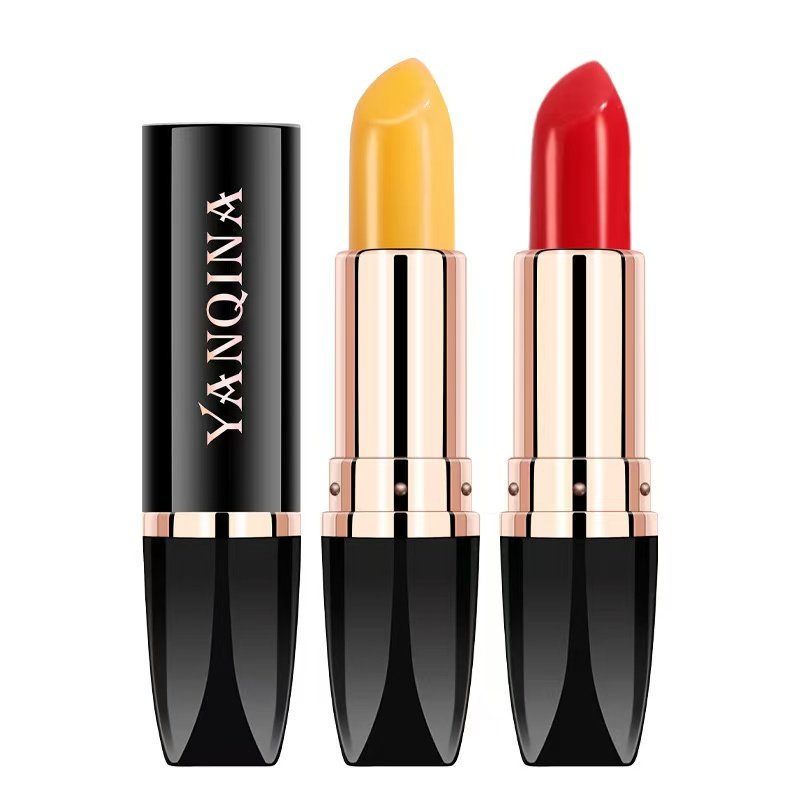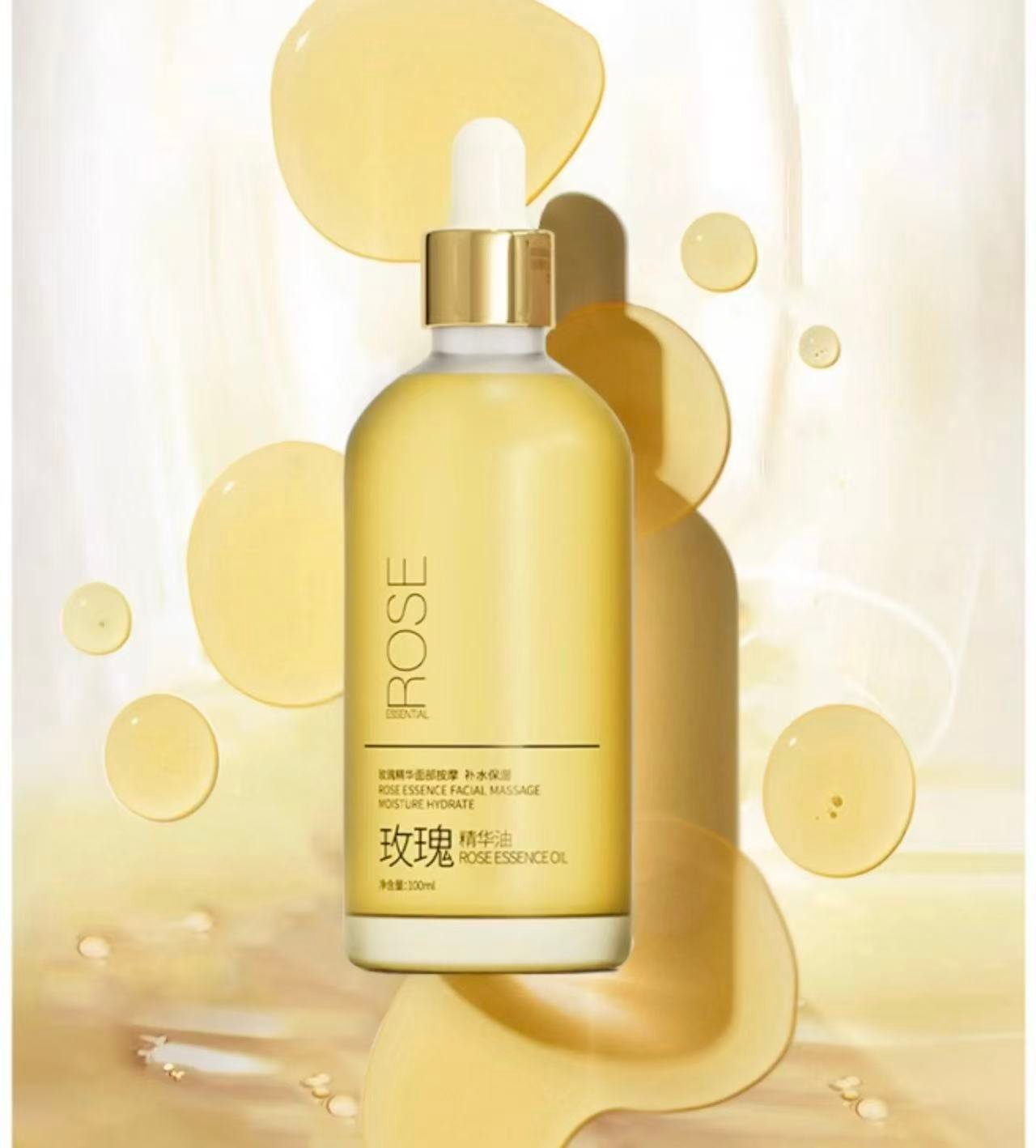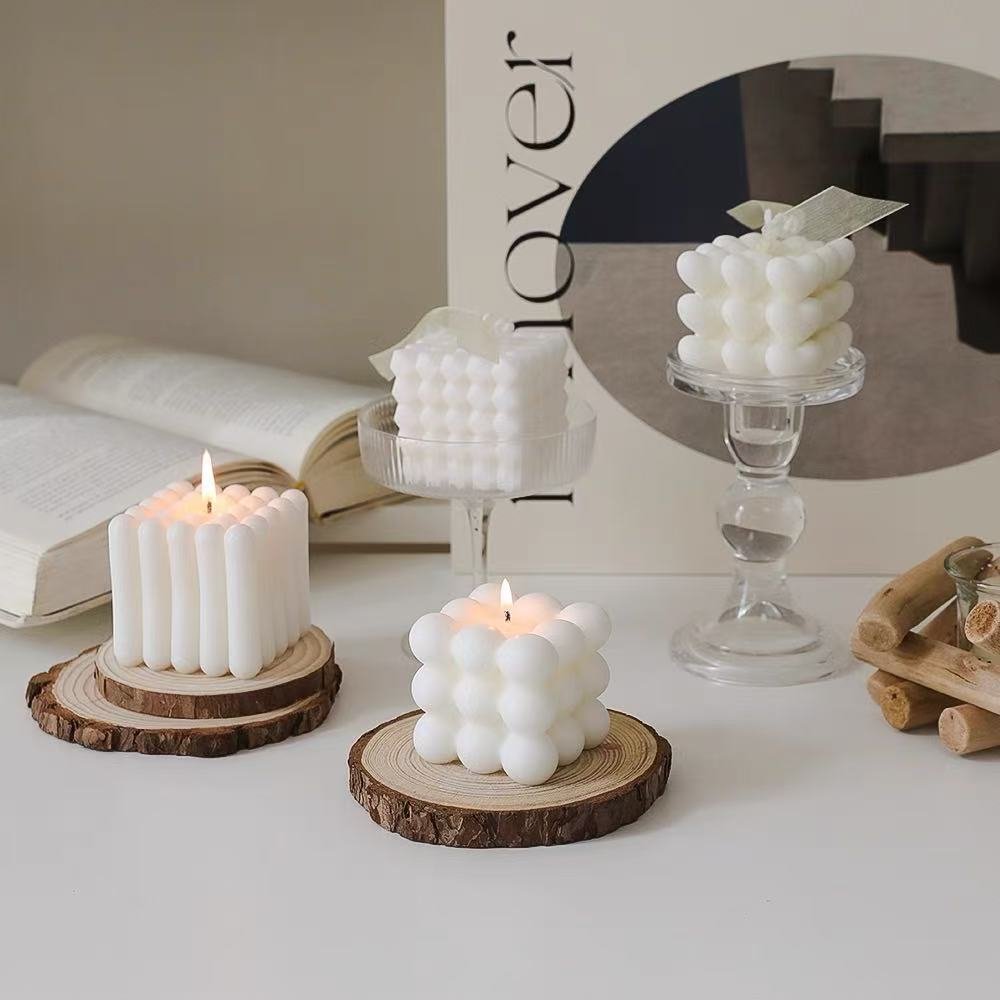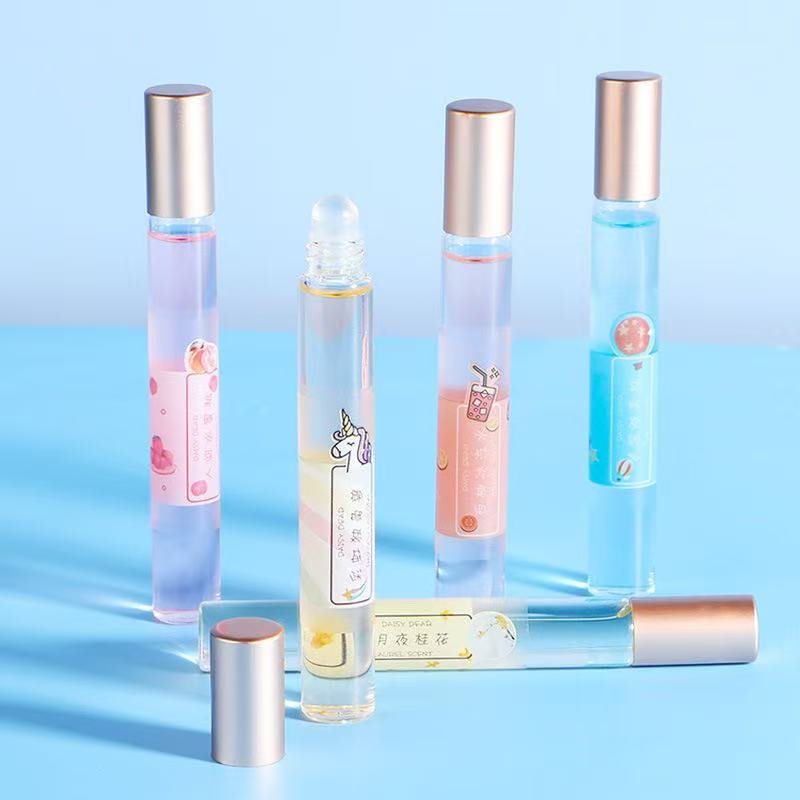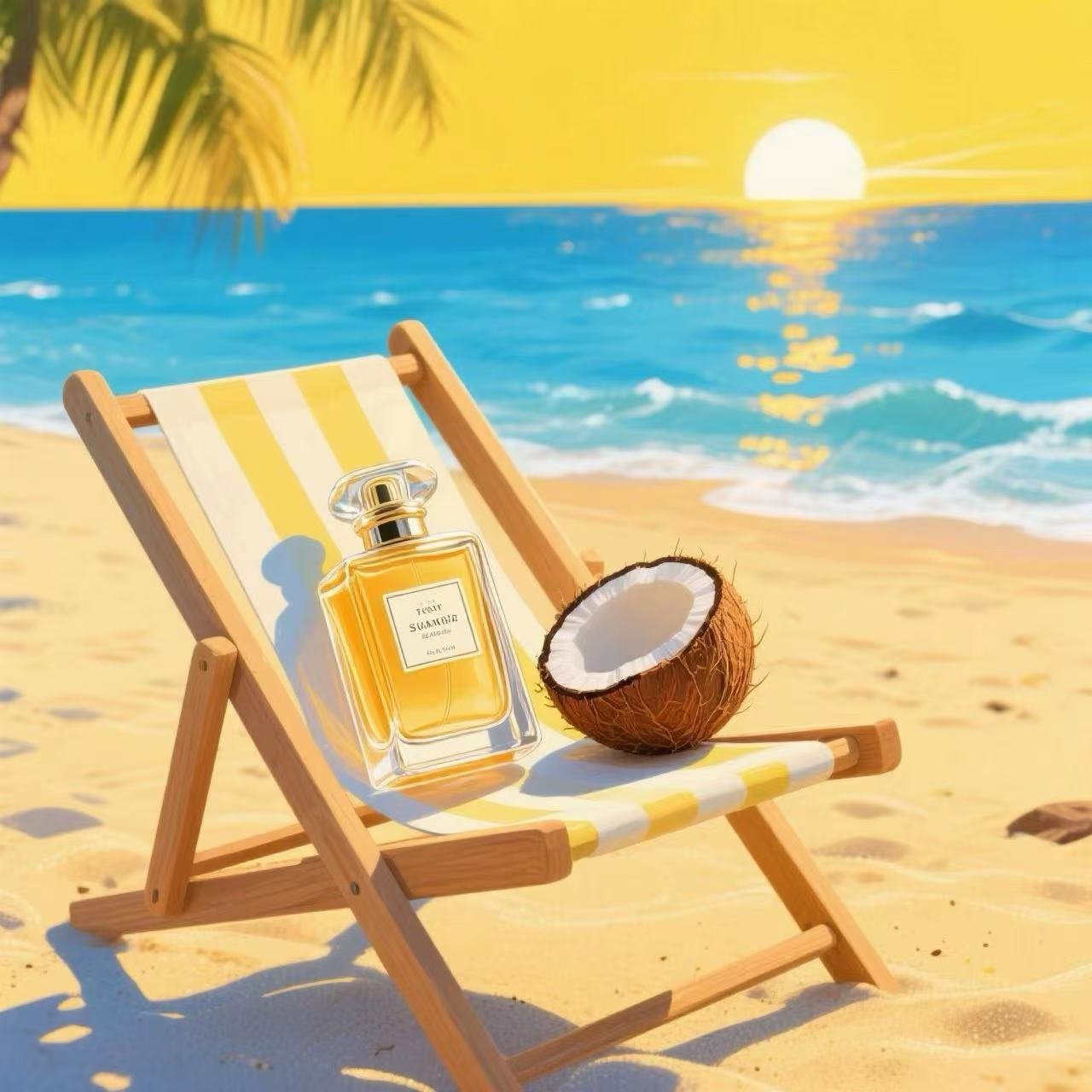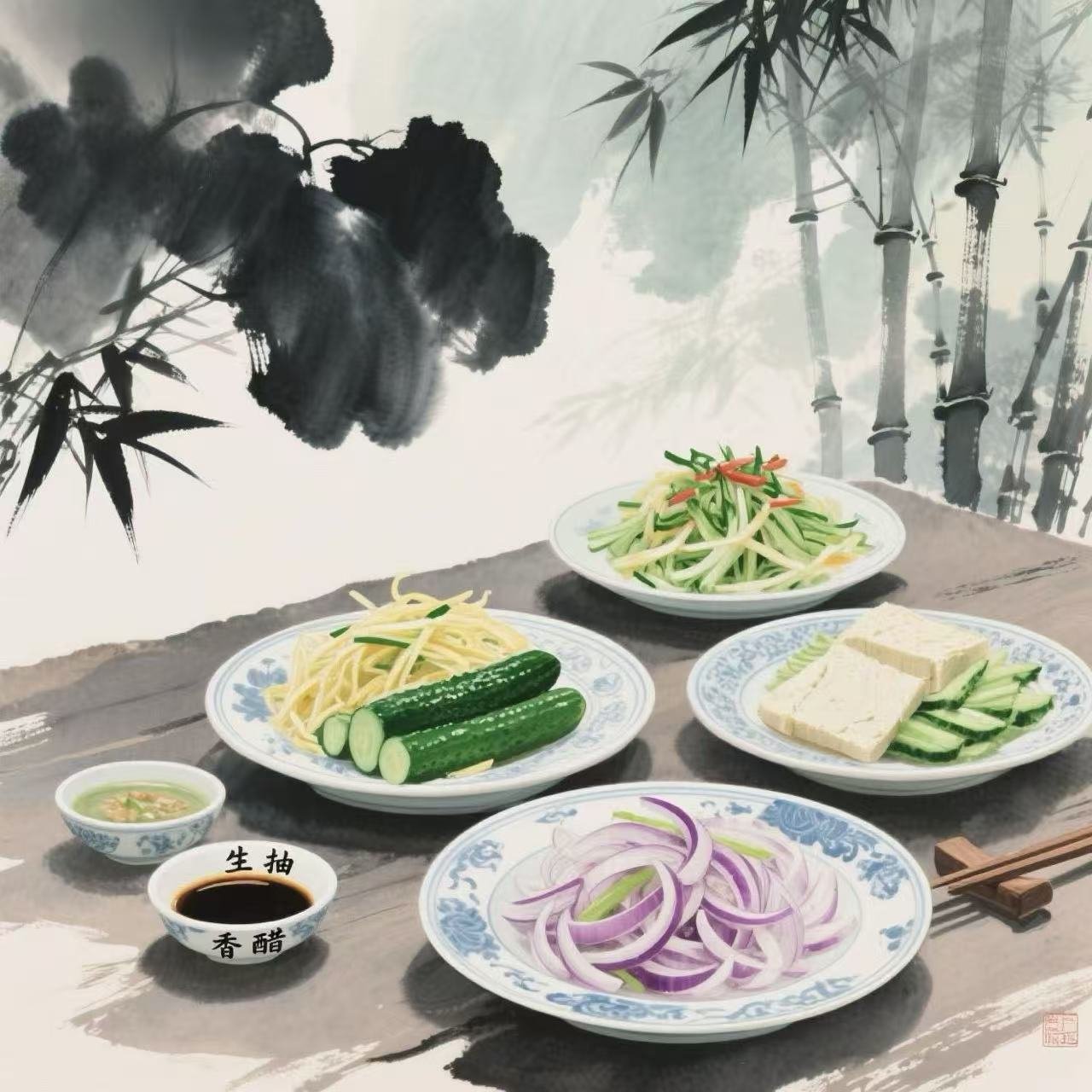Chapped lips are one of the most common skincare challenges during winter. The cold air, low humidity, and indoor heating all contribute to a lack of moisture, leaving your lips cracked, flaky, and uncomfortable. While lip balms and scrubs are essential, a well-rounded approach to lip care includes eating the right foods and choosing a hydrating winter lipstick.
To relieve chapped lips in winter, eat foods rich in vitamins A, C, and E, such as carrots, citrus fruits, and almonds. These nutrients support skin repair and hydration. When choosing a winter lipstick, look for hydrating formulas with ingredients like shea butter, hyaluronic acid, or glycerin. Avoid matte finishes, as they can dry out your lips further.
Let’s explore the science behind chapped lips and the best remedies to keep your pout soft and hydrated this winter.
Why Do Lips Get Chapped in Winter?
Lips are more prone to dryness than other parts of your skin because they lack oil glands. This means your lips cannot produce natural oils to keep them moisturized, leaving them vulnerable to:
- Cold Air: Winter’s low temperatures reduce the skin’s ability to retain moisture.
- Dry Indoor Air: Heating systems pull moisture from the environment, worsening dehydration.
- Frequent Licking: Saliva evaporates quickly, taking precious moisture from your lips.
- Lack of Sun Protection: Lips are often exposed to UV rays, even during the winter, causing additional damage.
Knowing these causes can help you address the problem holistically.
Best Foods to Relieve Chapped Lips
Your diet plays a significant role in lip hydration and repair. Incorporate these nutrient-rich foods into your meals to nourish your lips from within:
1. Foods Rich in Vitamin A
Vitamin A supports cell regeneration, helping repair cracked and damaged lips. Great sources include:
- Carrots
- Sweet potatoes
- Spinach
- Kale

2. Foods Rich in Vitamin C
Vitamin C is essential for collagen production and preventing dryness. Add these to your diet:
- Oranges
- Strawberries
- Kiwi
- Bell peppers
3. Foods Rich in Vitamin E
Vitamin E is a powerful antioxidant that protects and hydrates the skin. Include these in your snacks:
- Almonds
- Sunflower seeds
- Avocado
- Olive oil
4. Omega-3 Fatty Acids
Omega-3s help maintain the skin’s natural barrier, reducing moisture loss. Found in:
- Salmon
- Chia seeds
- Walnuts
- Flaxseeds
5. Zinc and Iron
These minerals are crucial for healing cracked lips and preventing flakiness:
- Lean meats
- Lentils
- Pumpkin seeds
- Dark chocolate
By eating a balanced diet rich in these nutrients, you’ll not only relieve chapped lips but also boost your overall skin health.
Hydrating Drinks to Complement Your Lip Care
While foods help repair your lips, hydration is just as important. Make sure to drink plenty of:
- Water: Aim for at least 8 glasses a day to keep your body and lips hydrated.
- Herbal Teas: Chamomile and green tea are soothing and hydrating.
- Coconut Water: A natural electrolyte that helps restore moisture.
- Bone Broth: Packed with collagen, it supports skin elasticity and repair.
Avoid caffeinated and alcoholic beverages, as they can dehydrate your lips further.
How to Choose the Right Winter Lipstick
When it comes to winter lipstick, choosing the right formula can make a big difference in preventing dryness. Here’s what to look for:
1. Hydrating Ingredients
Look for lipsticks that contain:
- Shea Butter: Deeply moisturizes and protects.
- Hyaluronic Acid: Attracts and retains moisture.
- Glycerin: A humectant that hydrates the lips.
- Coconut Oil or Jojoba Oil: Nourishing and lightweight oils that soften lips.
2. Creamy or Satin Finishes
Unlike matte lipsticks, which can be drying, creamy or satin formulas provide hydration and a comfortable wear.
3. SPF Protection
Winter sun exposure can damage your lips, so choose a lipstick with built-in SPF.
4. Non-Irritating Formulas
For sensitive lips, opt for fragrance-free or hypoallergenic options to avoid irritation.
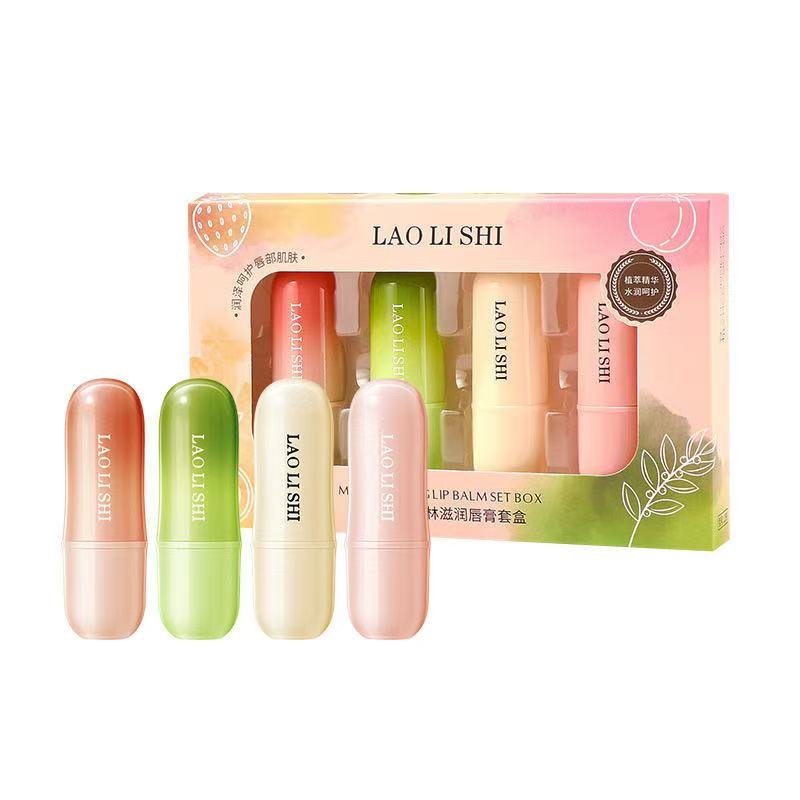
Winter Lipstick Ingredients to Avoid
Certain ingredients in lipsticks can exacerbate dryness during winter. Avoid products that contain:
- Alcohol: Often used as a preservative, it dries out the lips.
- Menthol or Camphor: Common in some lip balms and lipsticks, these ingredients can irritate cracked lips.
- Parabens: These preservatives can cause sensitivity in some people.
- Synthetic Fragrances: Fragrances can dry out and irritate the delicate skin on your lips.
Tips for Long-Lasting Lip Hydration in Winter
Combining a healthy diet with proper lip care products ensures your lips stay soft and hydrated all winter long. Here are some additional tips:
- Layer Lip Balm Under Lipstick: Always apply a hydrating lip balm as a base to protect your lips.
- Exfoliate Gently: Use a sugar scrub once or twice a week to remove dead skin, allowing lipsticks and balms to work more effectively.
- Use Lip Masks: Apply a thick layer of a hydrating lip mask at night for deep repair.
- Avoid Licking Your Lips: Instead, carry a small lip balm with you to use throughout the day.
Recommended Winter Lipsticks
Here are some hydrating lipsticks perfect for winter:
- Burt’s Bees Satin Lipstick: Infused with shea butter and jojoba oil for long-lasting hydration.
- Clinique Chubby Stick: A moisturizing lip balm-lipstick hybrid that’s perfect for chapped lips.
- Maybelline Baby Lips Color Balm Crayon: Combines vibrant color with nourishing hydration.
- L’Oréal Paris Colour Riche Shine Lipstick: Offers a creamy formula with a glossy finish.
Conclusion
Winter lip care starts with a healthy diet rich in vitamins and hydration, and it extends to choosing the right products. Incorporating nutrient-dense foods like carrots, almonds, and salmon can help repair chapped lips from within. Meanwhile, selecting a hydrating lipstick with nourishing ingredients like shea butter and hyaluronic acid ensures your lips stay protected all day long. With these tips, you can keep your pout soft, smooth, and beautiful throughout the winter season.
